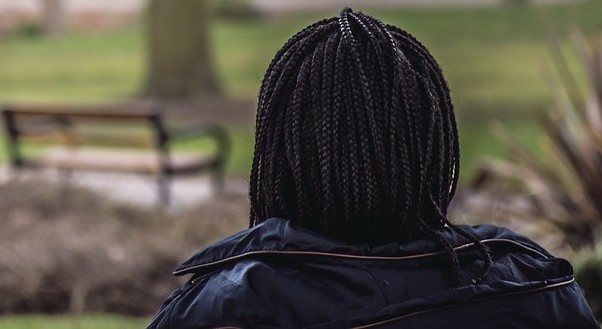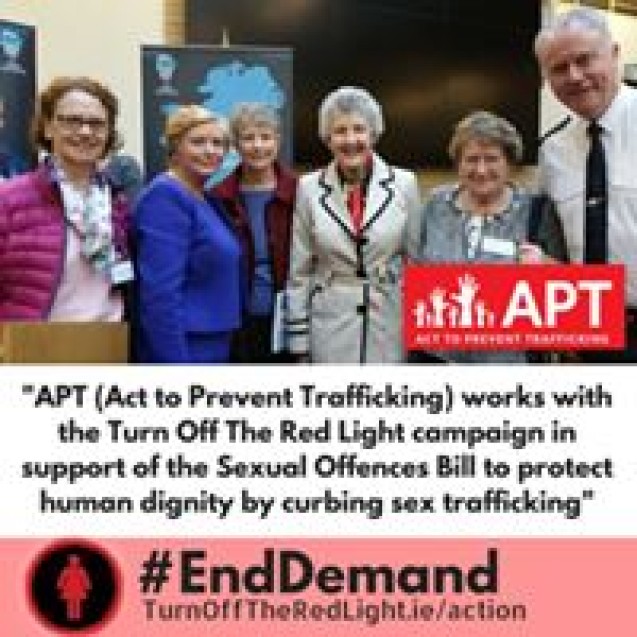
Zena
“Zena”, a woman Ruhama has supported, tells her story – from being trafficked into Ireland to moving into a new...
read more
As we acknowledge the 1st anniversary of the enactment of the signing into law, aspects of the new Sexual Offences Bill (27 March 2017) by the then Tánaiste and Minister for Justice, Ms. Frances FitzGerald, it is reasonable to ask for a review of the work in the intervening year since enactment. Have adequate sentencing and post-release supervision been provided for? And what of the provision for sufficient supports and treatment programmes, to ensure the most vulnerable are attended to?
The legislation criminalises the purchase of sex and also introduced new offences relating to the sexual exploitation of children and minors.
The Act introduced a specific offence relating to the use of information and communications technology to facilitate the sexual exploitation of a child. The offence covered the sending of sexually explicit material to a child and thereby targeted online sexual grooming of children, according to the Minister.
There were also new and strengthened offences in the Act relating to child sexual abuse material, and offences concerning sexual acts with underage children had also been restated and strengthened.
The legislation also recognised the reality of underage, consensual, peer relationships through the introduction of a ‘proximity of age’ defence, the Minister said.
The Act also introduced a statutory definition of consent to a sexual act.
Ms Fitzgerald said the provisions, would also target the demand for prostitution.
“I am absolutely convinced that this is key in targeting the wider exploitation associated with prostitution, including the trafficking of persons for the purpose of prostitution,” she said.
“This Act identifies those most vulnerable to sexual exploitation and it targets those who take advantage of that vulnerability.”